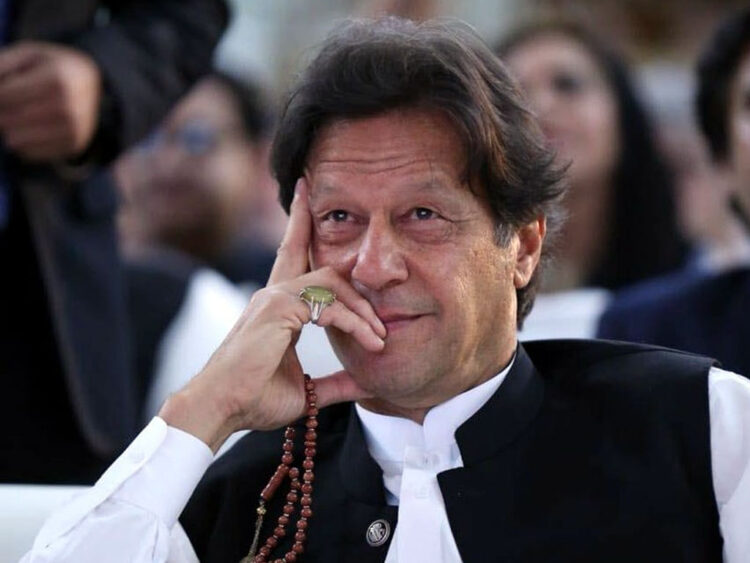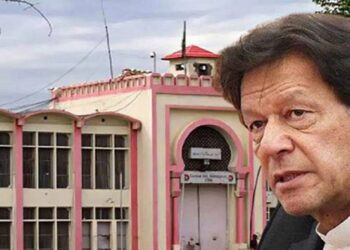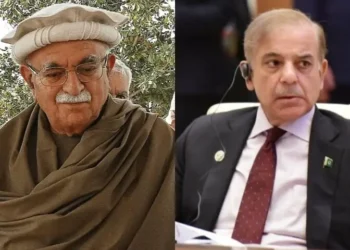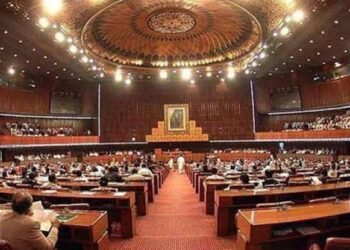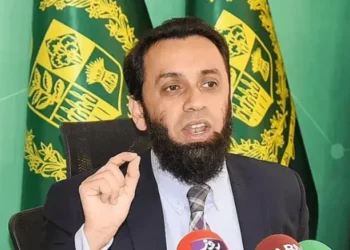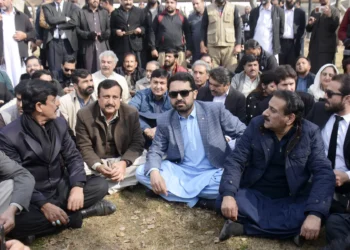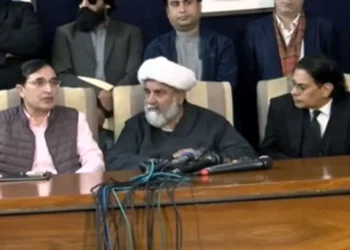ISLAMABAD: The Supreme Court of Pakistan on Tuesday adjourned the hearing of a petition filed by Pakistan Tehreek-e-Insaf (PTI) founder and former prime minister Imran Khan, challenging the Lahore High Court’s (LHC) rejection of his bail pleas in multiple cases linked to the May 9 riots.
A two-member Supreme Court bench, headed by Chief Justice Yahya Afridi, took up the matter but deferred proceedings until August 12 following a request by Khan’s counsel, senior lawyer Salman Akram Raja.
The appeal before the apex court stems from a June 24 verdict by a two-member LHC bench, led by Justice Shahbaz Ali Rizvi, which had dismissed Imran Khan’s bail applications in eight different cases.
These cases are associated with violent incidents that broke out across the country on May 9, 2023, after Khan’s initial arrest by the National Accountability Bureau (NAB) in the Al-Qadir Trust case. The most prominent of the incidents included the storming and torching of the historic Jinnah House in Lahore, the official residence of the Lahore corps commander.
In his petition to the Supreme Court, Khan has maintained that the first information reports (FIRs) registered against him lack substantial evidence to establish his involvement.
He has categorically denied orchestrating or inciting violence, arguing that he was in NAB custody at the time of the incidents and therefore physically unable to participate or direct any such acts.
Khan’s plea further raises concerns over alleged inconsistencies in the prosecution’s case, labeling the police statements as contradictory and delayed. He contends that his prolonged incarceration and the refusal of bail appear to be politically motivated, and he has requested the court to order a deeper investigation into the alleged mala fide intent of law enforcement.
The PTI founder also pointed out that many of his co-accused in similar cases have already been granted bail, making his continued detention unjustified. He asserts that the right to bail is a fundamental legal entitlement, especially in the absence of direct evidence linking him to the acts of vandalism.
It is worth noting that Khan’s bail had previously been rejected by an Anti-Terrorism Court (ATC) on November 27, 2024, in the same set of cases before being taken up by the LHC.
The Supreme Court’s eventual decision could have significant legal and political implications for the embattled PTI leader, who remains incarcerated since August 2023 and faces numerous cases under anti-terrorism and criminal laws.




















































